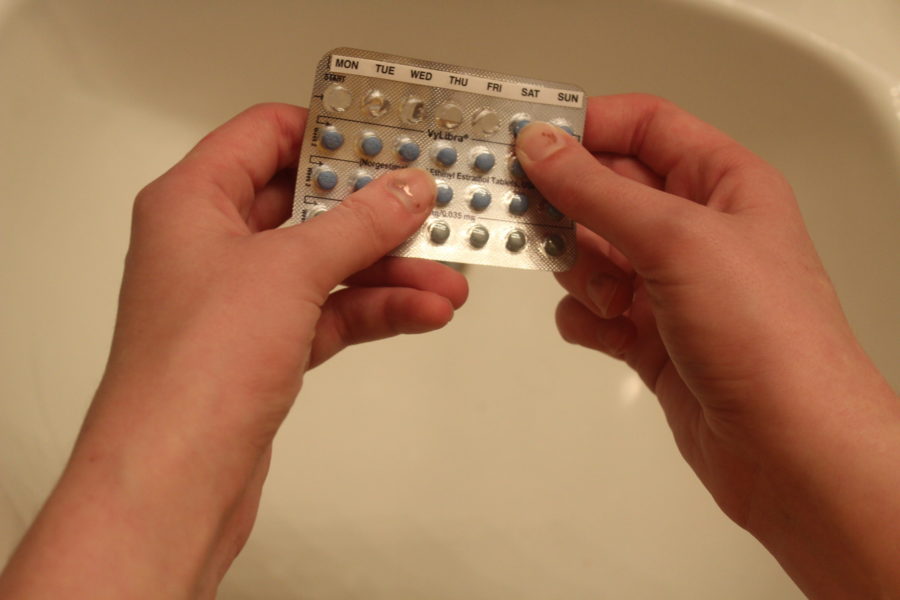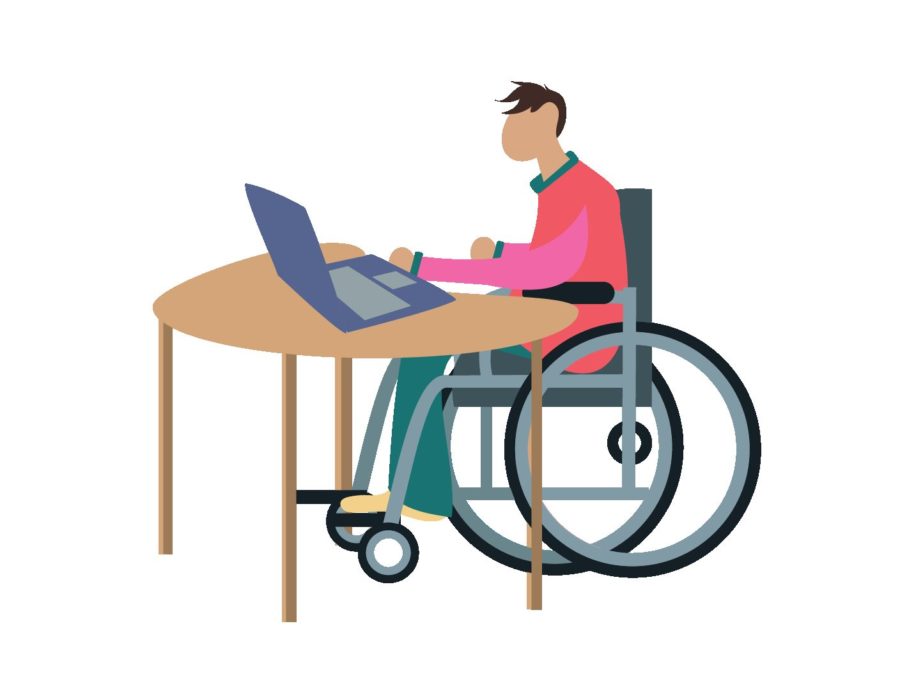Shopping for birth control is reminiscent of flipping through a catalog: the pill, the arm implant, the IUD, the patch and prayers. The list of birth control’s side effects is longer: nausea, headaches and migraines, mood changes, reduced sex drive and more.
“We have patients come in daily for women’s health exams and to discuss contraceptive options. We tend to see patients with concerns about current birth control if problems arise,” Kayla S. Johnson said in an email interview.
Johnson currently serves as the health educator and promotions coordinator for the Moffitt Health Center. According to Johnson, the most popular choice among college women is the pill.
“In recent semesters though, we have noticed a fair amount of patients who use the monthly Depo Provera shot and the Nexplanon implant. Less popular options for our patients are the vaginal ring or contraceptive patch,” Johnson said.
Unfortunately, complications with birth control occur beyond a lack of funds.
“Other factors [that women may not be on birth control] may include concerns about the side effects of the medications,” Johnson said. “One of which is the fear of gaining weight. Misconceptions may also influence a person’s decision to use birth control.”
Ashley Griffin, a senior biology major, acknowledged the pill’s negative side effects.
“I’ve experienced weight gain and mood changes, namely depression,” Griffin said.
Devin Stevens, a theater technology major, is also on the pill. Stevens agreed with Griffin that she also experiences weight gain, bad acne and mood changes, too. She said the pill has failed to regulate her cycle.
Annie Rockwell, a junior secondary education major, is currently using the Nexplanon arm implant.
“I bled a lot when I first got it, but it’s been good otherwise,” Rockwell said. “The positive side effect is no babies.”
However, despite the improvements in women’s birth control, male birth control continues to be a work in progress. The most that men are responsible for is knowing how to put on a condom and how to protect themselves from STDs.
“It is not fair for only women to be responsible for birth control. It takes two to make a baby,” Elizabeth Knowles, senior biology major, said.
For college women wanting to access birth control, Johnson suggests looking into insurance.
“Most birth control medications are covered by insurance or can be obtained at a low cost. Of course, each insurance company is different though, so it is helpful to check with your insurance provider beforehand,” she said.
However, Johnson also acknowledged that not everyone can afford insurance for birth control. She suggested cheaper alternatives like Walmart $4 list, Forrest County Health Department and Southeast Mississippi Rural Health Initiative.
Condoms are perhaps the cheapest form of birth control, and also protect individuals against contracting and transmitting STDs.
Free condoms are distributed on the Southern Miss Hattiesburg campus in the Moffitt Center, resident halls and a few departments around campus.
The Moffitt Health Center is located on the Hattiesburg campus at 2899 W 4th St. Appointments can be made online or by calling 601-266-5390.






























